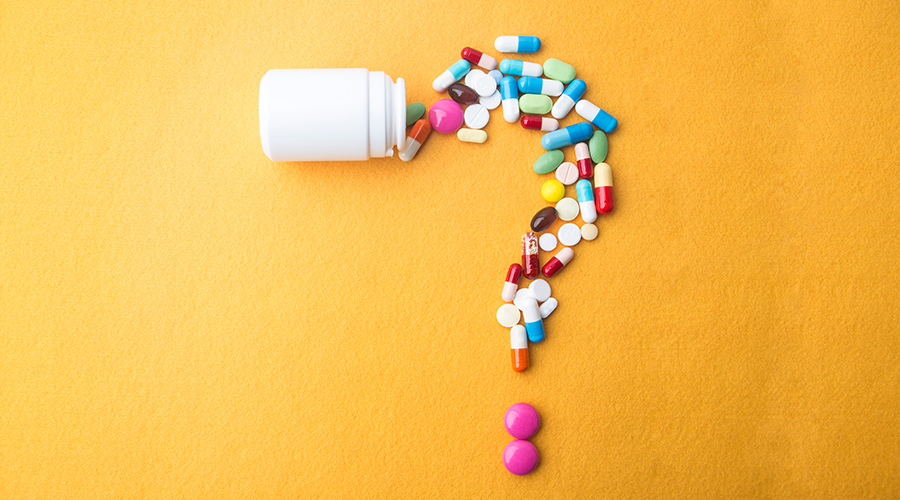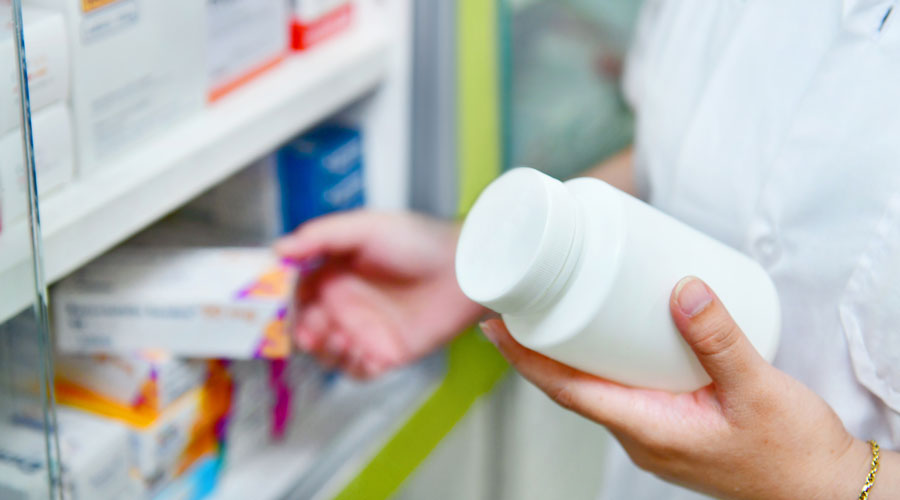Once upon a time, you were considered lavish if your pharmacy had a strong social media presence. But today, it’s no longer a luxury for pharmacists, it’s a necessity.
Fast forward to today and people are increasingly turning to social media for health information and to connect with healthcare providers. Likewise, social media platforms offer a wonderful way for independent pharmacies like yours to connect with your patients, both old and new, and familiarize them with your brand, products, and services. This is a great opportunity to step up and be that valuable resource. In fact, it’s a two-way street for communication from here on out.
So, what should you include in your pharmacy’s social media policy? Here are some important tips:
Identify employees’ roles and responsibilities
First, you’ll need to make it clear who can post content on your pharmacy’s social media accounts and who will engage with followers. Put in writing the employee who can access login information, along with who will oversee social media strategies. Also, be clear on who will be responsible for replying to comments and messages on social media on behalf of your pharmacy. They need to know what your pharmacy’s voice and tone should be, and they need to use that voice consistently so it can help your business engage and keep customers.
Set up employee training
Employee training is a very important component of social media policy. Your staff members need to understand the rules regarding online interactions. This includes avoiding any conduct that could damage the pharmacy’s image or violate advertising regulations. By designating someone to oversee social media activities, you’ll need to ensure consistency and compliance with the policy. It’s important to have regular audits of posts and engagement to help identify areas for improvement and address any issues right away.
Keep profiles separate
All personal and professional profiles must be separate. Do not “follow” patients on their personal profiles and never post messages that are unrelated to pharmacy on your public page.
Keep patients out of your posts
Avoid HIPAA violations by avoiding discussions of your patients. This goes beyond omitting a name or other obvious identifiers. Information that may seem irrelevant can potentially identify the patient. So, be sure your content is appropriate.
Delineate content guidelines
Define acceptable types of content, such as education posts, health tips, and pharmacy updates. Specify what is prohibited, such as negative comments, unapproved promotions, or false claims. Your pharmacy’s posts need to be accurate, ethical, and free of misleading information. Prioritizing the separation of personal and professional accounts is also very important. Keep all personal content away from professional channels to uphold the pharmacy’s reputation.
Secure your account
It’s important to outline measures for securing social media accounts, such as limiting access to authorized personnel, using strong passwords, and enabling two-factor authentication.
Managing online crises
You need to establish procedures for how to handle negative feedback, complaints, or any online crises to protect your pharmacy’s reputation.
Set up ground rules for appropriate behavior
Spell out what inappropriate behavior on social media entails. Prohibit profanity, hate speech, and confidential information about your pharmacy. It’s also a good idea to ask your employees to use proper spelling and grammar and fact check posts from other accounts before sharing them.
Schedule regular training and awareness
Make regular training a requirement so that employees are familiar with the policy and any updates to relevant laws and regulations.
Handle misinformation with tact
If you find rumors or confidential information on social media regarding your business, figure out who will set the record straight, if need be, and how they should do it.
What type of content should your pharmacy post on your social media pages? Think back to all the questions your patients have asked you and your team on their visits. Here are just a few to get you started:
- Share informative content that touches on common health conditions, medication uses, and tips for a healthy life.
- Highlight the importance of preventative care, such as vaccines, screenings, and overall healthy habits.
- Celebrate National Health Awareness days by taking part in relevant awareness days (i.e. American Heart Month, National Diabetes Month, etc.) with informative posts.
- Show your expertise by featuring your pharmacists answering frequently asked medication questions on live Q&A sessions or short videos.
- You’re a human like everyone else, so share behind-the-scenes glimpses of your team, introduce pharmacists and technicians, and show the human aspect of your pharmacy.
- Generate excitement with health and wellness contests and giveaways. Be sure to adhere to platform guidelines.
- Be a partner with local influencers, such as health and wellness bloggers or community leaders. This is a great way to reach a broader audience.
Once you know how to engage with your patients, you’ll be able to do so much more. For instance, you’ll be able to:
- Promptly respond to their comments and messages. Address their questions and concerns directly and professionally.
- Encourage your followers to interact with quizzes, polls, or open-ended questions about health topics.
- Set up a live Q&A session either with pharmacists or partner with a local healthcare provider for online wellness events.
- Use hashtags. They’re important, so be sure they’re relevant. Try researching popular #healthcare or #pharmacy hashtags to increase your reach and discoverability. It will make all the difference.
- Try paid advertising on social media platforms. It’s definitely something to consider, because it can be a great way to promote specific services or target your message to relevant demographics in the U.S.
- Track your results. Be sure to keep an eye on key metrics. For instance, engagement, reach, and website traffic to analyze what content resonates with your audience. Then, perfect your strategy accordingly.
Last but not least, be sure you maintain HIPAA compliance. Make sure that all social media communication adheres to the patient privacy regulations. Do not share any personal identifiable information with anyone. Stay up to date with the latest social media trends, and don’t hesitate to change your strategy to use new features and platforms.
A Member-Owned Company Serving Independent Pharmacies
PBA Health is dedicated to helping independent pharmacies reach their full potential on the buy-side of their business. Founded and run by pharmacists, PBA Health serves independent pharmacies with group purchasing services, wholesaler contract negotiations, proprietary purchasing tools, and more.
An HDA member, PBA Health operates its own NABP-accredited warehouse with more than 6,000 SKUs, including brands, generics, narcotics CII-CV, cold-storage products, and over-the-counter (OTC) products — offering the lowest prices in the secondary market.












